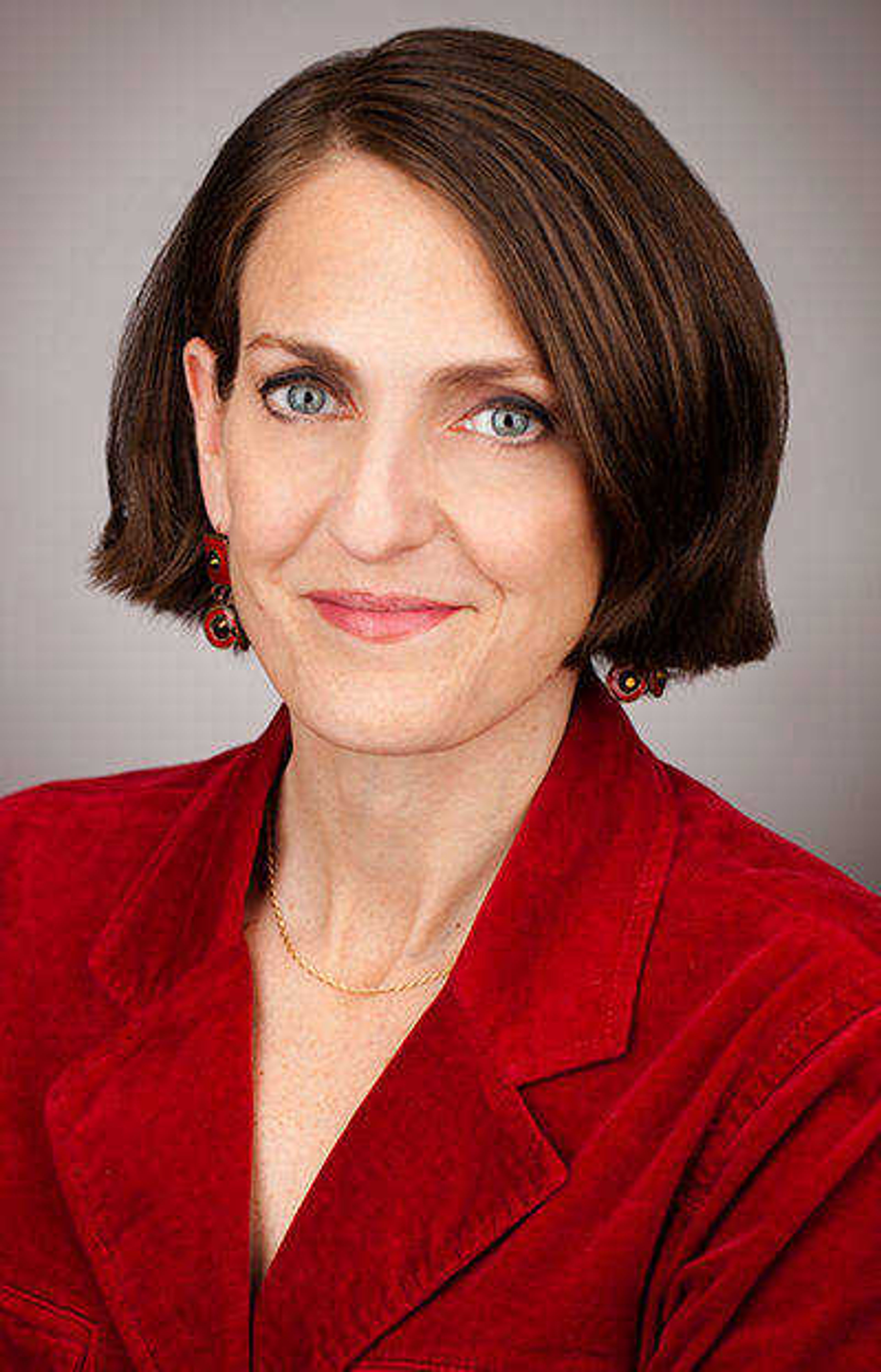Giving is an American tradition; for that, I am thankful
Thanksgiving is a time for reflecting on all those things for which we are grateful. It seems particularly important now at the end of the second year featuring a pandemic and unprecedented restrictions. This past year also brought many abuses of government powers with long-lasting consequences. Americans' discontent is incredibly high, and some scholars worry that for the first time in over 150 years, we could be heading toward an epic slip downward...
Thanksgiving is a time for reflecting on all those things for which we are grateful. It seems particularly important now at the end of the second year featuring a pandemic and unprecedented restrictions. This past year also brought many abuses of government powers with long-lasting consequences. Americans' discontent is incredibly high, and some scholars worry that for the first time in over 150 years, we could be heading toward an epic slip downward.
Despite all these problems, if one takes a moment to think about it, the goodness and charity of people remain in such abundance that gratitude is warranted.
This summer, I lost my mom. She was a wonderful person and one of the best moms ever. (I realize that I'm biased, but I'm also serious.) She was generous and funny, intellectually curious and so easy to please. Despite living in France, far from me and my daughters, she was unfailingly a regular presence in our lives. This was still true even during the last two years when her chronic illness and travel bans made it impossible for us to be together. For example, she organized FaceTime cooking sessions with her granddaughters to teach them the art of baking macarons and pains au chocolat.
To say that I was heartbroken at her passing is the deepest understatement. However, I can't think of this time without feeling the sincerest sense of gratitude for my friends, colleagues and even strangers who have gone out of their way to make this loss easier for my girls and me to bear.
During this time, they prayed and never left my side even though an ocean and a six-hour time difference separated us. Even friends who I hadn't seen in years reached out with warm words. They sent letters telling me about their own experiences, which provided me with the assurance that I would be OK. When I came back to the U.S., I found a care package with vodka and bourbon (my two liquors of choice), a DoorDash gift card, and other thoughtful gifts.
As grateful as I am for my friends, I'll be forever touched by my professional colleagues. They were flexible with me and my daughters as we stayed in France longer than originally planned to attend my mother's funeral. Some colleagues canceled whatever plans they had to take care of our cats so I wouldn't have to worry about it. One of my colleagues sent a Victor Hugo poem in French that was so moving my youngest daughter read it at her grandmother's service. Beautiful hydrangeas--my mother's favorite flowers--were planted in my yard as a reminder that life goes on and there is so much beauty in the world. And a few days later, Memphis Barbecue was sent to us with the knowledge that there is no state of despair or lack of appetite in which I would turn down ribs and pulled pork.
What this difficult time reminded me of is that no matter how ugly our country's politics become, this nation is still made of millions of people who care deeply for one another. We could, of course, see this during the pandemic when people went out of their way to help their older neighbors, restaurants took actions to take care of their communities, churches fed the disadvantaged and investors poured millions of dollars into finding answers to alleviate the crisis.
In the end, I am most grateful to live in a country where we are wealthy enough that people have the luxury to care for one another. But this caring goes beyond helping and comforting those we know. We can see it too in the scale of charitable giving in America. The philanthropy monitor Giving USA reported that in 2020, "individuals, bequests, foundations and corporations gave an estimated $471.44 billion to U.S. charities." This number was both unprecedentedly large and unexpected.
We in the U.S. are fortunate that charitable giving and altruism are so ingrained in our history and culture. As we know from Frenchman Alexis de Tocqueville's reporting, the unique civic and economic role of voluntarism and charity has been a core part of American culture for centuries.
For that tradition, I am thankful.
Veronique de Rugy is the George Gibbs Chair in Political Economy and a senior research fellow with the Mercatus Center at George Mason University.
Connect with the Southeast Missourian Newsroom:
For corrections to this story or other insights for the editor, click here. To submit a letter to the editor, click here. To learn about the Southeast Missourian’s AI Policy, click here.










